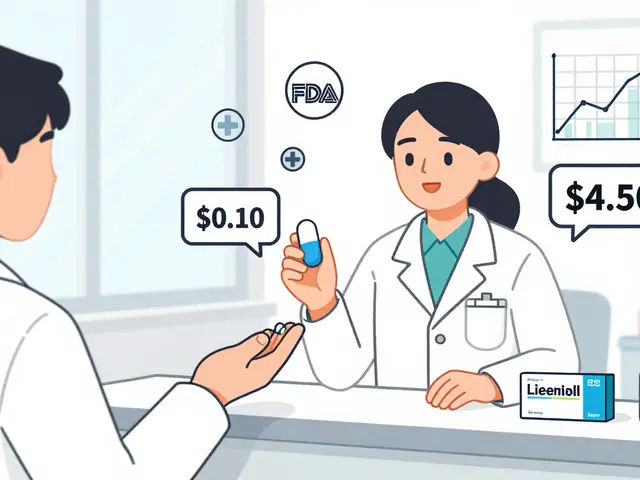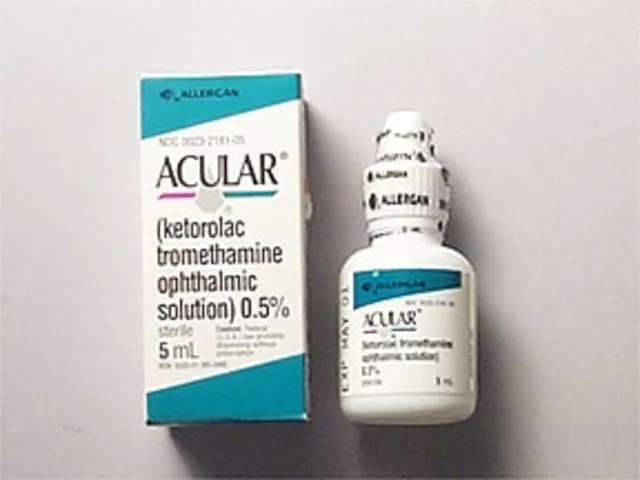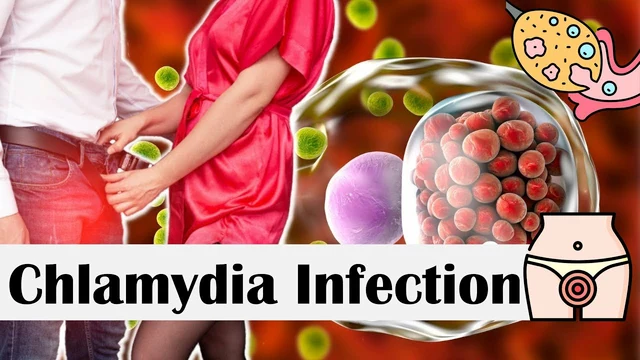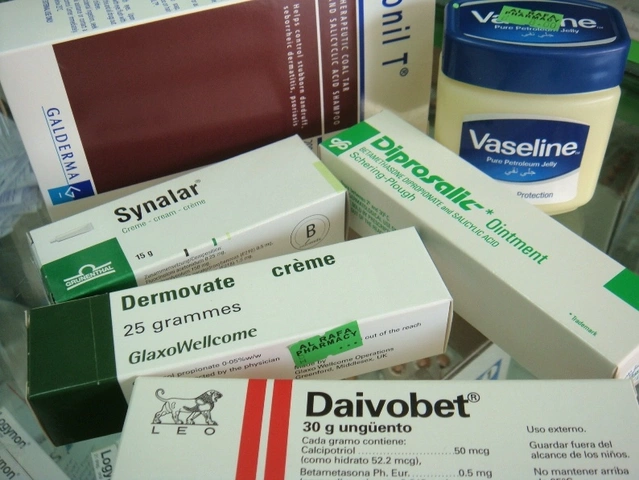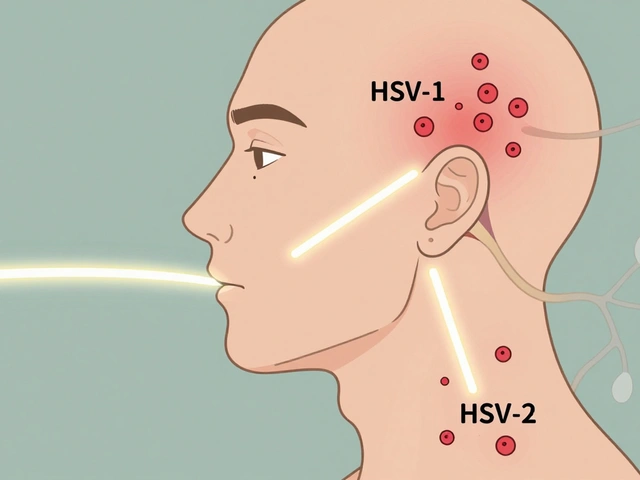Essential Minerals: What They Do and How to Get Enough
Minerals are tiny but powerful. They help your body build bones, carry oxygen, balance fluids, make energy, and protect cells. Missing even one mineral can slow you down or cause real health problems. This page shows the key minerals, real food sources, common deficiency signs, and simple rules for using supplements safely.
Top minerals and where to get them
Calcium — Needed for strong bones and teeth. Get it from dairy (milk, yogurt, cheese), fortified plant milk, canned salmon with bones, and dark leafy greens like kale. If you don't eat dairy, aim for fortified foods and check vitamin D too — it helps calcium absorb.
Magnesium — Helps muscles, nerves, and sleep. Find magnesium in nuts (almonds, cashews), seeds (pumpkin, chia), whole grains, spinach, and beans. Low magnesium can cause cramps, restless sleep, and low energy.
Iron — Carries oxygen in your blood. Heme iron from red meat, poultry, and fish absorbs best. Plant iron from beans, lentils, tofu, and spinach helps too but absorbs less — eat it with vitamin C (orange juice, bell peppers) to boost uptake. Watch for fatigue, pale skin, or breathlessness as warning signs.
Zinc — Important for immunity and wound healing. Good sources are oysters (top source), beef, poultry, beans, and pumpkin seeds. Low zinc can mean slow wound healing, frequent colds, or poor taste/smell.
Potassium — Keeps blood pressure and muscle function steady. Bananas, potatoes, tomatoes, oranges, and beans are great sources. Low potassium can show up as weakness or muscle cramps.
Iodine — Needed for thyroid hormones. Iodized salt, seafood, and dairy provide iodine. Low iodine affects energy and can change weight and mood. Pregnant people especially need enough iodine for baby’s brain development.
Supplement tips and safety
Supplements can help, but they’re not a fix for a poor diet. Start with food first. Use supplements when blood tests or your doctor say so — especially for iron, iodine, or if you’re pregnant.
Pick brands tested by third parties (USP, NSF, or ConsumerLab). Don’t mix high-dose minerals without medical advice. Iron and calcium compete for absorption, so space them apart. Vitamin C helps iron; vitamin D helps calcium and phosphorus work better.
Watch for overdose symptoms: too much iron causes stomach pain and serious problems; excess selenium or zinc can make you feel sick. Older adults, pregnant people, vegans, and athletes have higher risks for certain deficiencies — get blood tests if you suspect a problem.
Quick checklist: eat a variety of whole foods, choose fortified foods if needed, get targeted blood tests for specific symptoms, and use supplements only when needed. If you want help figuring out which minerals you might lack, ask your doctor or a registered dietitian. Small changes in your diet often fix a lot.
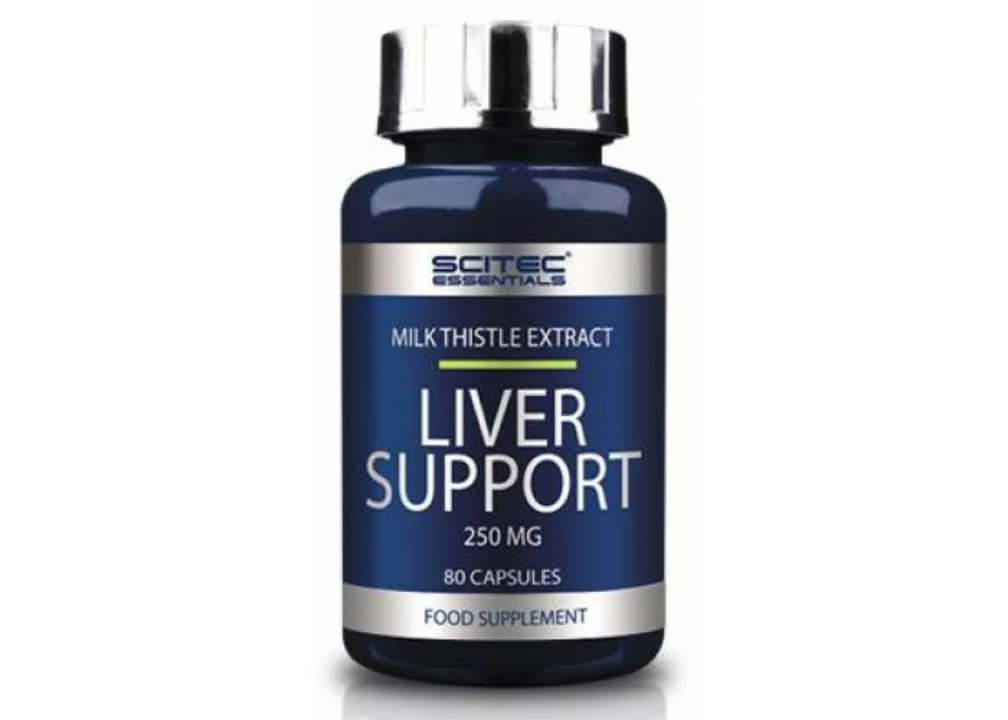
In today's blog, we're going to discuss the importance of chelated minerals and how to make sure we're getting all the essential minerals our body needs. Chelated minerals are minerals bound to organic molecules, which makes them easier for our body to absorb and utilize. To ensure we're getting enough, we should focus on eating a well-balanced diet, rich in whole foods like fruits, vegetables, and whole grains. Additionally, we can consider taking high-quality chelated mineral supplements if needed. Stay tuned as we dive deeper into the benefits of chelated minerals and tips for incorporating them into our daily routine.


